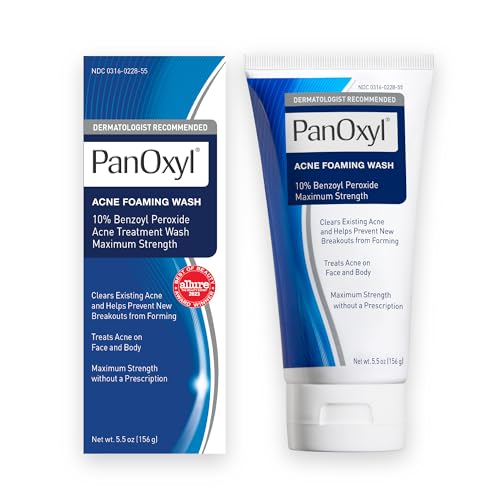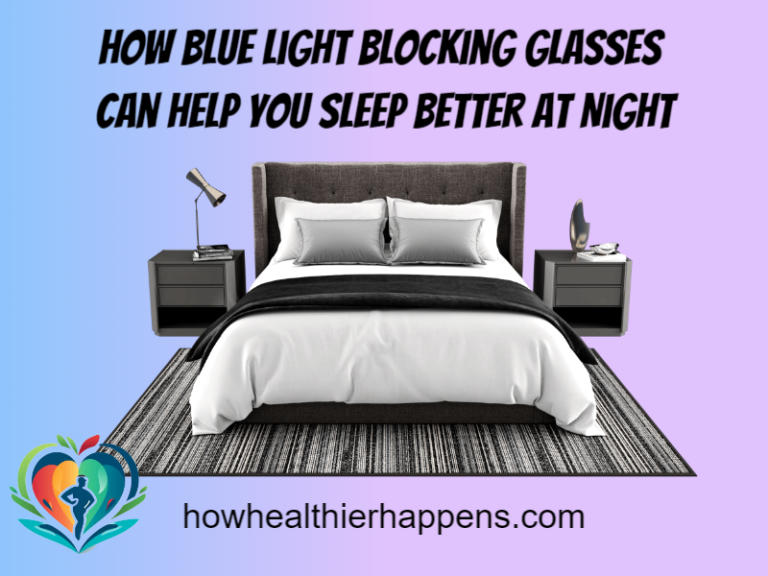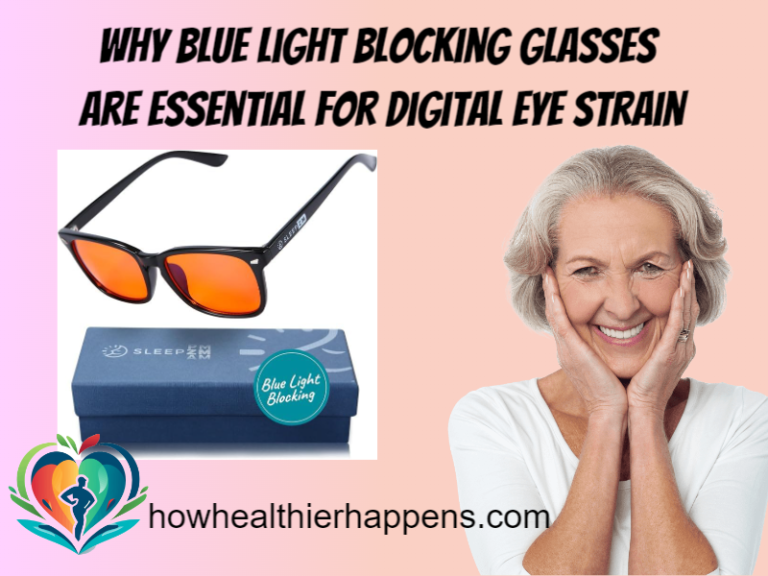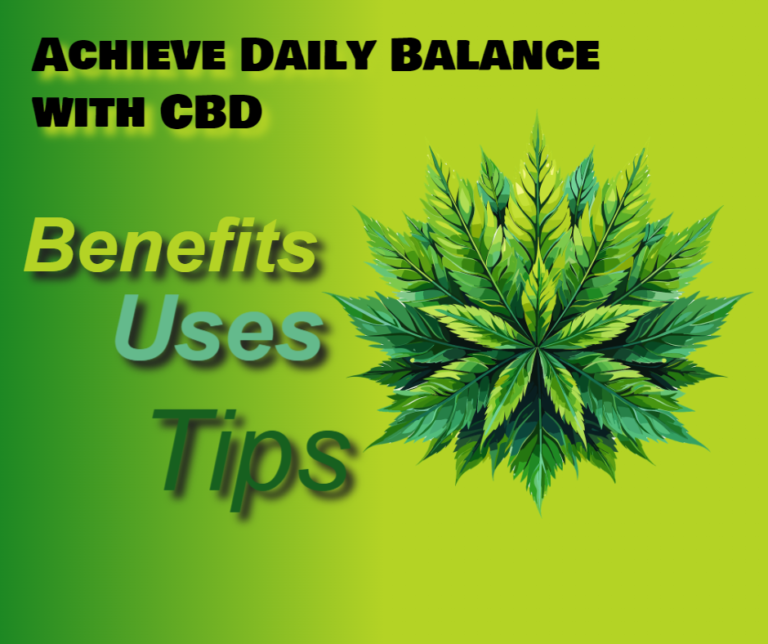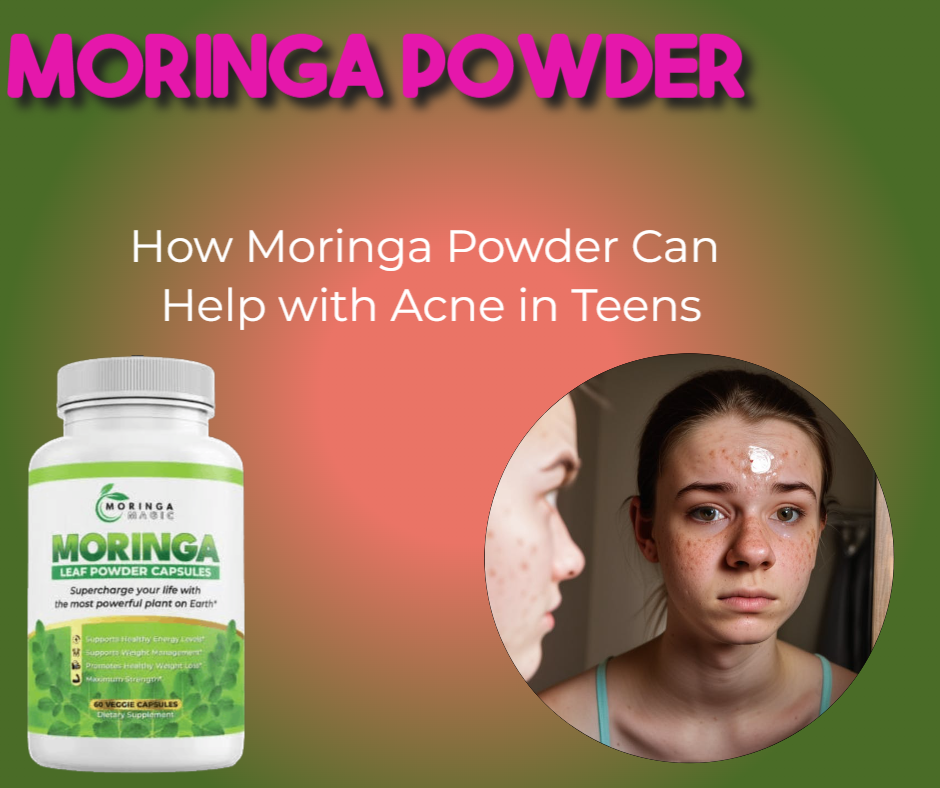
Acne is one of the most common skin conditions affecting teens and young adults, often causing significant physical and emotional distress. This condition, characterized by pimples, blackheads, whiteheads, and cysts, typically occurs during puberty but can persist into adulthood. Let’s explore what acne is, why it occurs, and how it impacts the lives of young people.
What is Acne?
Acne develops when hair follicles become clogged with oil (sebum) and dead skin cells. This creates an environment where bacteria can thrive, leading to inflammation and the formation of pimples or cysts. The face, neck, chest, back, and shoulders are common areas for acne to appear.
Causes of Acne
Several factors contribute to the development of acne, including:
1. Hormonal Changes
During puberty, hormonal changes cause an increase in sebum production, leading to clogged pores and acne. Hormonal fluctuations during menstrual cycles, pregnancy, and stress can also trigger acne in young adults.
2. Genetics
A family history of acne can increase the likelihood of developing the condition. If your parents had acne, you might be more prone to it as well.
3. Diet
Certain foods, such as those high in refined sugars and dairy products, can exacerbate acne in some individuals. While the link between diet and acne is still being studied, many people find that their skin improves with a healthy, balanced diet.
4. Stress
Stress does not directly cause acne, but it can worsen existing conditions. Stress hormones like cortisol can increase oil production, leading to more breakouts.
5. Poor Skincare Habits
Using harsh skincare products, not washing the face regularly, or over-washing can irritate the skin and contribute to acne. It’s essential to follow a gentle and consistent skincare routine.
Impact of Acne on Teens and Young Adults
1. Emotional and Psychological Effects
Acne can significantly impact a person’s self-esteem and confidence. Teens and young adults are particularly vulnerable to social pressures and the desire to fit in, making the appearance of acne a potential source of embarrassment and anxiety. This can lead to feelings of depression, social withdrawal, and a negative self-image.
2. Social Challenges
The visible nature of acne can affect social interactions. Teens and young adults may feel self-conscious about their appearance, leading to reduced participation in social activities, reluctance to speak up in class, or avoiding events where they might be seen by peers.
3. Academic Performance
The emotional toll of acne can also impact academic performance. Teens struggling with acne-related self-esteem issues might find it challenging to concentrate in class, participate in discussions, or feel motivated to perform well academically.
4. Long-Term Skin Health
Severe or untreated acne can lead to long-term skin issues, including scarring and hyperpigmentation. These physical reminders can perpetuate emotional distress and affect an individual’s self-confidence well into adulthood.
Coping with Acne
1. Professional Treatment
Dermatologists can offer various treatments for acne, including topical treatments, oral medications, and specialized procedures. Seeking professional help early can prevent severe acne and reduce the risk of scarring.
2. Healthy Skincare Routine
Adopting a gentle and consistent skincare routine is crucial. Using products designed for acne-prone skin, cleansing twice daily, and avoiding picking at pimples can help manage and prevent breakouts.
3. Healthy Lifestyle
Maintaining a balanced diet, staying hydrated, exercising regularly, and managing stress can positively impact skin health. These lifestyle changes can reduce the severity of acne and improve overall well-being.
4. Support Systems
Having a support system of friends, family, or counselors can provide emotional relief. Talking about the challenges of dealing with acne can help alleviate some of the psychological burdens.
Acne is a common but impactful condition that affects millions of teens and young adults. Understanding the causes and effects of acne is the first step towards managing it effectively. By adopting a healthy skincare routine, seeking professional treatment, and maintaining a supportive environment, teens and young adults can navigate this challenging phase with greater confidence and resilience.
How Moringa Powder Can Transform Your Skin
In the quest for radiant and healthy skin, many turn to natural remedies that promise to deliver remarkable results. One such powerful ally in skincare is Moringa powder, derived from the leaves of the Moringa oleifera tree. Known as a superfood, Moringa powder is not just beneficial for overall health but also offers significant advantages for the skin. Let’s explore how Moringa powder can transform your skin and why it has become a go-to ingredient in skincare routines.
Nutritional Profile of Moringa Powder
Moringa powder is a nutritional powerhouse, packed with vitamins, minerals, and antioxidants that are essential for healthy skin:
- Vitamins: A, C, and E
- Minerals: Calcium, potassium, and zinc
- Antioxidants: Quercetin and chlorogenic acid
- Amino Acids: All nine essential amino acids
Benefits of Moringa Powder for the Skin
1. Rich in Antioxidants
Moringa powder is loaded with antioxidants, such as vitamin C and E, which protect the skin from oxidative stress caused by free radicals. Free radicals can damage skin cells, leading to premature aging, wrinkles, and dullness. By neutralizing these harmful molecules, Moringa powder helps maintain a youthful and vibrant complexion.
2. Anti-Inflammatory Properties
Inflammation is a common culprit behind many skin issues, including acne, eczema, and psoriasis. Moringa powder contains anti-inflammatory compounds like quercetin and chlorogenic acid, which help reduce redness, swelling, and irritation. This makes Moringa an excellent choice for calming inflamed skin and promoting a clearer, smoother appearance.
3. Moisturizing and Hydrating
Moringa powder is rich in vitamins and fatty acids that help to moisturize and hydrate the skin. Vitamin E, in particular, is known for its ability to nourish and protect the skin’s moisture barrier. Regular use of Moringa powder can help prevent dryness and keep the skin soft and supple.
4. Promotes Collagen Production
Collagen is a protein that maintains skin elasticity and firmness. Vitamin C in Moringa powder plays a crucial role in collagen synthesis, helping to maintain the skin’s structure and reduce the appearance of fine lines and wrinkles. This leads to a firmer and more youthful-looking complexion.
5. Reduces Acne and Blemishes
The antibacterial properties of Moringa powder can help fight acne-causing bacteria, while its anti-inflammatory effects reduce redness and swelling associated with breakouts. Additionally, the vitamins and minerals in Moringa aid in the healing process, helping to diminish acne scars and blemishes over time.
6. Evens Skin Tone
Moringa powder’s high vitamin C content helps to lighten dark spots and hyperpigmentation, resulting in a more even skin tone. Regular use can help fade sunspots, age spots, and other forms of discoloration, giving the skin a brighter and more uniform appearance.
How to Use Moringa Powder for Skincare
1. Face Masks
Mix Moringa powder with water, honey, or yogurt to create a hydrating and nourishing face mask. Apply the mixture to your face, leave it on for 15-20 minutes, and then rinse off with warm water.
- ANTI-ACNE SHEET MASKS – Our Acne Mask contains 5 functions, such as Acne Soothing + Moisturizing + Skin Repair + Oil Con…
- SALICYLIC ACID ACNE FACE MASK WITH ACTIVE FORMULA – Our face mask infused with active ingredients: Salicylic Acid, Sodiu…
- CLEANING & HYDRATING ACNE MASK – Sodium Hyaluronate in the facial mask can keep your facial skin oil and water balanced….

2. Scrubs
Combine Moringa powder with sugar and a carrier oil like coconut oil to create a gentle exfoliating scrub. Use this scrub once or twice a week to remove dead skin cells and reveal smoother, brighter skin.
- The Best Facial Scrub For Dull, Dry, Sensitive Skin. Get Beautiful, more youthful looking skin. Help remove stubborn bla…
- Don’t Damage Your Skin With Harsh Scrubs. Most exfoliators tear and damage your skin. Our microdermabrasion sugar scrub …
- Say Goodbye To Dull, Dry Skin. Our premium face and body scrub can remove daily build up so your face can replenish and …

3. Lotions and Creams
Add a small amount of Moringa powder to your regular moisturizer or cream for an added nutrient boost. This can enhance the moisturizing and protective properties of your skincare products.
4. Internal Consumption
Consuming Moringa powder can also benefit the skin from the inside out. Add a teaspoon of Moringa powder to your smoothies, teas, or meals to boost your intake of skin-loving nutrients.
Precautions
- Patch Test: Always perform a patch test before using Moringa powder topically to ensure you don’t have an allergic reaction.
- Quality Matters: Use high-quality, organic Moringa powder to ensure you are getting the most benefits without harmful additives or contaminants.
25 Tips and Tricks to Care for Your Skin
Caring for your skin involves a combination of good habits, the right products, and a healthy lifestyle. Here are 25 tips and tricks to help you maintain beautiful, healthy skin:
1. Stay Hydrated
Drink plenty of water throughout the day to keep your skin hydrated and flush out toxins.
2. Eat a Balanced Diet
Consume a diet rich in fruits, vegetables, lean proteins, and healthy fats to provide essential nutrients for your skin.
3. Cleanse Regularly
Wash your face twice daily with a gentle cleanser to remove dirt, oil, and impurities.
4. Exfoliate Weekly
Exfoliate your skin 1-2 times a week to remove dead skin cells and promote cell renewal.
5. Moisturize Daily
Use a good moisturizer to keep your skin hydrated and prevent dryness.
6. Wear Sunscreen
Apply a broad-spectrum sunscreen with SPF 30 or higher every day, even on cloudy days, to protect your skin from harmful UV rays.
7. Get Enough Sleep
Aim for 7-9 hours of sleep each night to allow your skin to repair and regenerate.
8. Manage Stress
Practice stress-reducing activities like yoga, meditation, or deep breathing to prevent stress-induced skin issues.
9. Avoid Smoking
Smoking can accelerate skin aging and cause wrinkles. Avoid smoking to maintain healthy skin.
10. Limit Alcohol Intake
Excessive alcohol can dehydrate your skin. Drink alcohol in moderation.
11. Use Antioxidant-Rich Products
Incorporate products with antioxidants like vitamin C and E to protect your skin from environmental damage.
12. Avoid Harsh Chemicals
Choose skincare products that are free from harsh chemicals, sulfates, and parabens to avoid skin irritation.
13. Be Gentle with Your Skin
Avoid scrubbing your skin harshly. Use gentle motions when cleansing and applying products.
14. Stay Consistent with Your Routine
Follow a consistent skincare routine tailored to your skin type for the best results.
15. Use Lukewarm Water
Wash your face with lukewarm water to avoid stripping your skin of its natural oils.
16. Don’t Pick at Your Skin
Avoid picking or popping pimples to prevent scarring and infection.
17. Clean Your Makeup Brushes
Regularly clean your makeup brushes to avoid transferring bacteria to your skin.
18. Remove Makeup Before Bed
Always remove your makeup before going to bed to allow your skin to breathe and regenerate.
19. Use a Humidifier
Use a humidifier, especially in dry climates or during winter, to maintain moisture levels in your skin.
20. Wear Sunglasses
Protect the delicate skin around your eyes from UV rays by wearing sunglasses.
21. Incorporate Retinoids
Consider using retinoid products to boost collagen production and reduce signs of aging.
22. Use Eye Cream
Apply eye cream to address specific concerns like dark circles, puffiness, and fine lines.
23. Avoid Hot Showers
Hot water can strip your skin of natural oils. Opt for shorter, lukewarm showers.
24. Patch Test New Products
Always do a patch test before using a new skincare product to check for any adverse reactions.
25. Stay Active
Regular exercise improves circulation and promotes healthy skin by delivering oxygen and nutrients to skin cells.



